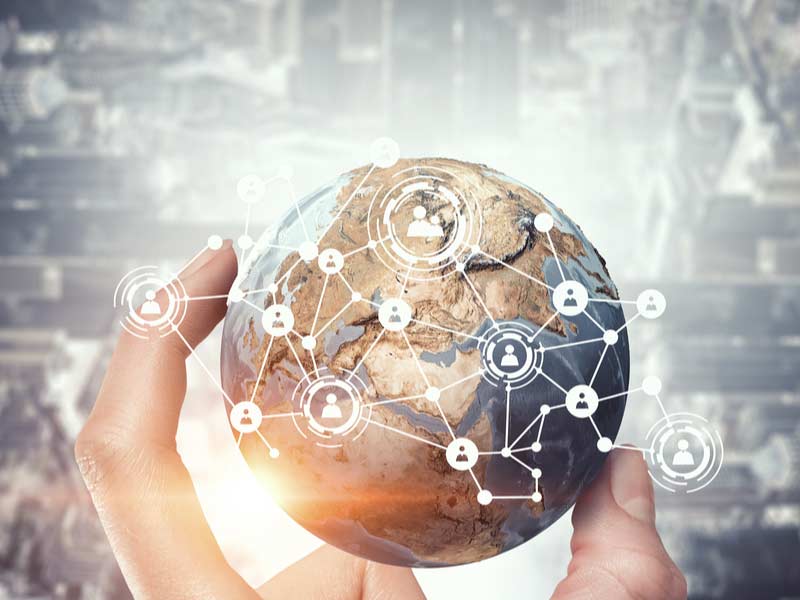
Top Ten Things – Artificial intelligence is no longer science fiction today. It is shaping how societies function on every level. From how we work to how we shop and learn. AI is embedded in countless systems and devices. Every industry now explores its potential applications. Governments also strategize around AI competitiveness globally. In short, AI is redefining how the future is built. Here are ten key facts that illustrate AI’s growing power. Each point reveals the depth of transformation underway.
According to PwC, Artificial intelligence could add $15.7 trillion by 2030. That’s more than the combined output of India and China. This is due to AI’s ability to boost productivity. It reduces costs while increasing efficiency rapidly. Moreover, consumer demand for smart tech keeps rising. In manufacturing, logistics, and retail, AI optimizes everything. From inventory to customer personalization and dynamic pricing.
“Read More:Tips for Removing Makeup for Sensitive Skin Safely and Preventing Irritation”
From smartphones to refrigerators, AI is everywhere. Voice assistants rely on AI for natural interactions. Navigation apps calculate real-time traffic using algorithms. Even your streaming recommendations are AI-generated. In essence, AI silently supports our daily routines. This invisible integration continues to expand rapidly.
AI tools now detect diseases earlier than doctors. Algorithms identify tumors on scans with extreme accuracy. Moreover, AI models predict patient outcomes better. In addition, robots assist in surgery with precise movements. This revolution improves care while cutting medical costs. Especially in remote areas, AI bridges doctor shortages.
“Read About:These 10 Animals Will Change How You Think About Loyalty”
The idea that Artificial intelligence will steal all jobs is simplistic. In fact, it is transforming roles, not erasing them. Automation handles repetitive tasks, freeing human creativity. For example, financial analysts now focus more on strategy. Meanwhile, new roles like AI ethicists are emerging. Thus, reskilling and education become critical priorities.
Self-driving cars no longer belong to the future. AI now powers vehicle navigation and decision-making. Companies like Tesla and Waymo lead the way forward. Similarly, drones use AI for precision farming and delivery. In logistics, autonomous robots manage entire warehouses. These systems operate continuously with minimal error.
From Europe’s AI Act to U.S. executive orders, policy is evolving. Ethics in AI usage is a growing global concern. Issues of bias, surveillance, and transparency are central. Additionally, countries seek to balance innovation and safety. International dialogue now addresses AI weaponization fears.
AI tracks deforestation, pollution, and endangered species in real time. It processes satellite imagery faster than any human. Climate scientists use AI to model future weather patterns. Furthermore, cities use AI for energy-efficient smart grids. Environmental NGOs leverage AI for conservation and reforestation.
AI personalizes learning to match student pace and ability. Intelligent tutors assist with math, languages, and writing. Teachers receive data-driven feedback on student progress. This transforms classrooms into adaptive environments. Also, educational gaps in rural areas begin narrowing.
From GPT to other large language models, AI writes now. These systems generate essays, emails, and even code. They translate languages and simulate real conversations. This helps businesses scale communication instantly and accurately. At the same time, questions arise about originality and ethics.
Venture capital is pouring into AI startups everywhere. Governments launch national AI strategies to stay competitive. Companies prioritize AI talent in recruitment pipelines. Entire cities are being redesigned around AI capabilities. The scale of this investment shows belief in its future.
AI doesn’t just transform—it evolves constantly and rapidly. What worked last year may be obsolete tomorrow. Businesses and governments must stay agile and informed. Ethics, skills, and regulation must keep pace with change. Society as a whole must prepare for continual shifts.